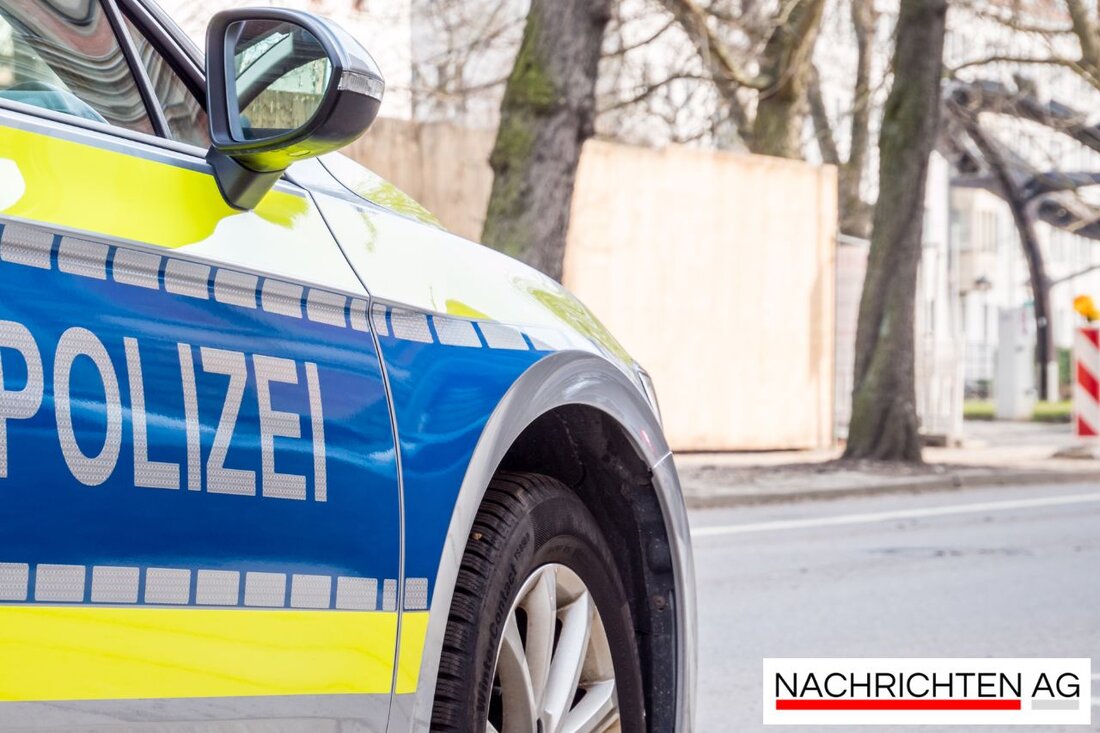Lorenz' death: 500 demand justice against police violence in Oldenburg!
On June 29, 2025, around 500 people demonstrated in Oldenburg to demand an investigation into the fatal police operation against Lorenz A.

Lorenz' death: 500 demand justice against police violence in Oldenburg!
Around 500 people gathered in Oldenburg today to demonstrate for clarification of a tragic incident that is casting its shadow over the city. More than two months ago, 21-year-old Lorenz A. was killed by multiple shots from a police officer. The incident occurred on the night of Easter Sunday, after an argument in which Lorenz threatened with a knife and sprayed irritant gas in the direction of security employees. That confrontation turned deadly when the officer fired five times at the young man, hitting him in the hip, torso and head, the autopsy showed. The young man died at the scene. The entire situation has mobilized the “Justice for Lorenz” initiative, which is now calling for this incident to be fully clarified and dealt with fairly.
The demonstration organized by the initiative was peaceful, which the police confirmed. The participants carried posters with slogans such as “Lorenz, that was murder!” and “Resistance everywhere – Lorenz was not an isolated case”. In doing so, they show their determination to take action against supposedly racist police violence. The initiative's spokespeople emphasize that Lorenz's case is not an isolated case, but part of a larger problem of racist violence in Germany, which is often ignored or viewed as isolated incidents, according to Heimatkunde Böll.
Calls for reforms
The Green Youth of Lower Saxony joins the calls for reforms and is pushing for far-reaching measures such as an anonymized identification requirement for police officers, the use of body cameras and the establishment of independent investigative institutions. But not all places agree. The German Police Union considers a labeling requirement to be unnecessary, while the Police Union (GdP) supports the bodycam requirement, but also calls for more legal options for their use in private homes. The Ministry of the Interior hides political and legal hurdles for such measures and emphasizes that although a labeling requirement is provided for in the coalition agreement, it has not yet been implemented.
In the debate about racist police violence and police structures, a refusal to recognize systemic problems as such is often observed. The use of violence is often dismissed as an isolated incident, while reports of racial profiling and discriminatory behavior are often not taken seriously. This culture of denial, coupled with a lack of statistics on cases of racism, contributes to the invisibility of the problem, according to Heimatkunde Böll.
According to the organizers of the demonstration, the exact background to the fatal police operation is still unclear. While the investigation against the accused police officer for manslaughter is ongoing, the question remains as to how often police actions like this go without consequences. A criminologist commented on the incident and described the use of the firearm as unlawful. This makes it clear that the Lorenz A. case is not only an individual tragedy, but also triggers a major political and social discourse about how such incidents should be dealt with in the future.
In addition to the demonstration in Oldenburg, vigils and demonstrations also took place today in cities such as Hamburg, Berlin, Kiel and other places. This nationwide day of action against racist police violence shows that the question of justice for Lorenz and the large number of people who suffer under similar circumstances moves many and remains a central concern in the public discussion.

 Suche
Suche
 Mein Konto
Mein Konto